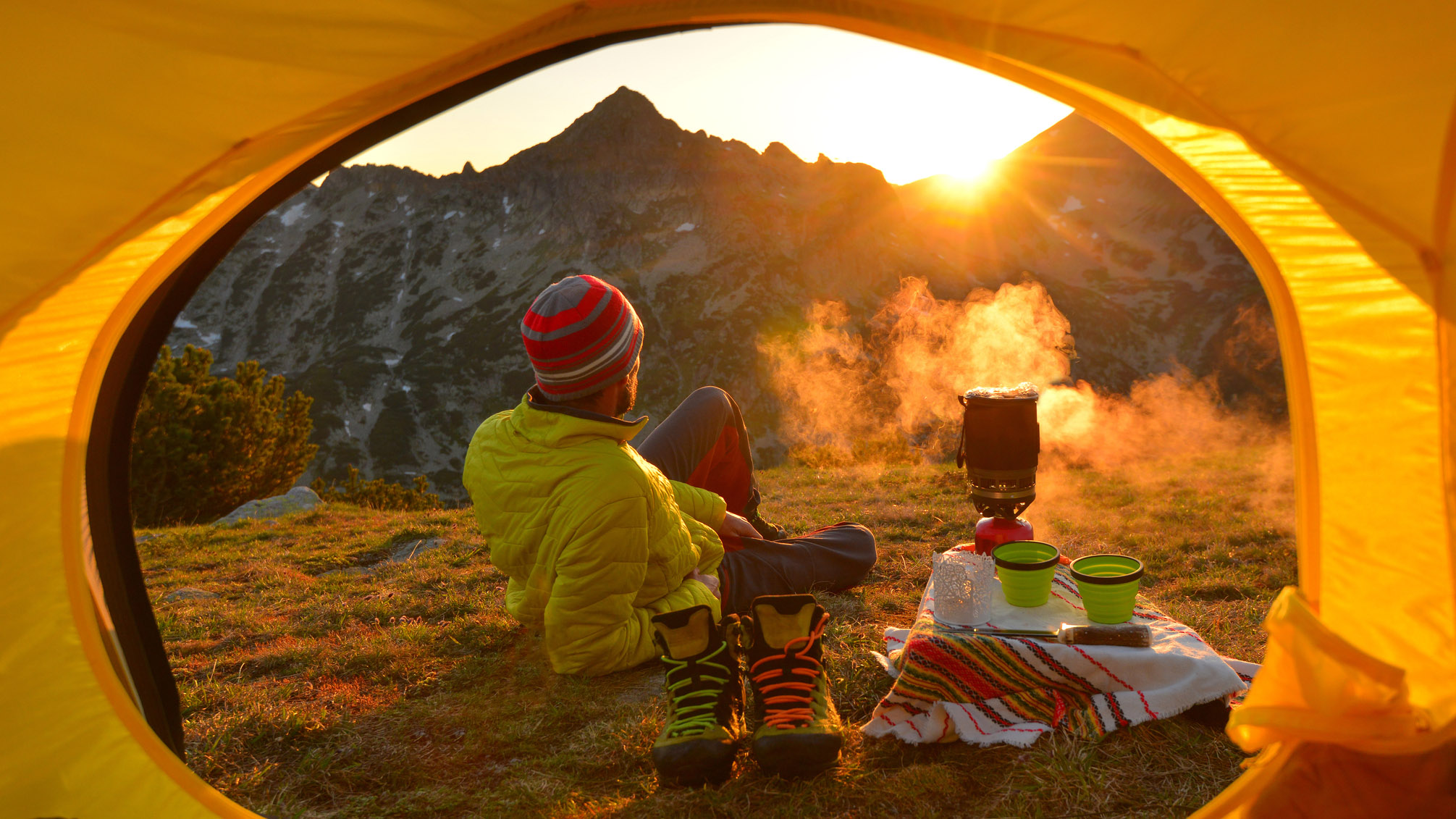
Do you need a camping stove? It seems obvious to state, but it depends entirely on your situation. If you’re car camping near a town full of cafes and restaurants, well, no – you don’t need a camping stove. Taken to the other extreme, there may be times when the ability to bring water to the boil is lifesaving.
One of the greatest true stories involving adventure and survival is Touching the Void. In the pivotal moment, mountaineer Joe Simpson is left dangling above a glacier on one end of a rope, with his climbing partner Simon Yates on the other. Faced with an impossible choice, Yates famously cuts the rope, dropping Simpson into the abyss. Battling seemingly insurmountable odds, Simpson manages to haul his injured body out of the glacier and back to base camp.
What does this have to do with camping stoves? Well, the events that led to this situation were a longer-than-expected climb of their chosen mountain: Siula Grande in the Peruvian Andes. Having reached the summit, their subsequent descent was desperately hurried and Simpson slipped, breaking his right leg and ankle. Yates sets up a system to hastily lower Joe down the mountain, which leads to the eventual cutting of the rope. The reason everything from the summit onwards was so hurried was that the pair had ran out of fuel for their stove. This meant they had no way to melt snow to make drinking water. Humans, eventually, die without drinking water.
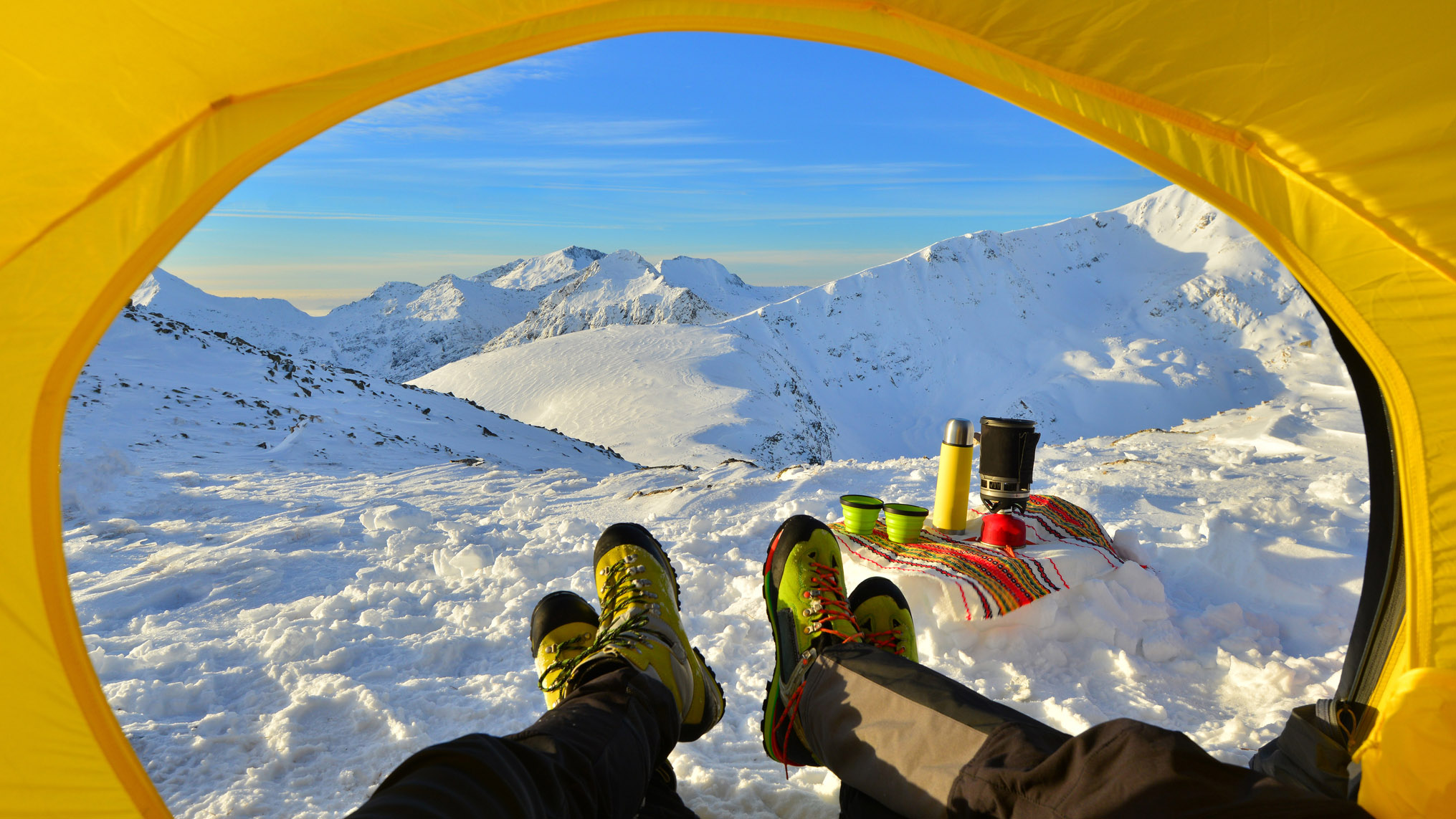
Of course, this is an extreme example, yet it illustrates that for some adventures, a camping stove is vital, especially on remote expeditions. You see, it can be more than just about a hot brew in the morning.
Situations where a camping stove is essential
When it comes to longer expeditions, whether they’re epic mountaineering missions to the Greater Ranges or a thru-hike in an American national park, we’d say that having a compact, easy to use camping stove is crucial to success. In desperate straits, there’s sometimes the option of creating a campfire. However, this goes totally against the leave no trace principles and could, in the worst-case scenario, lead to a devastating wildfire. Taking a camping stove is infinitely preferable.
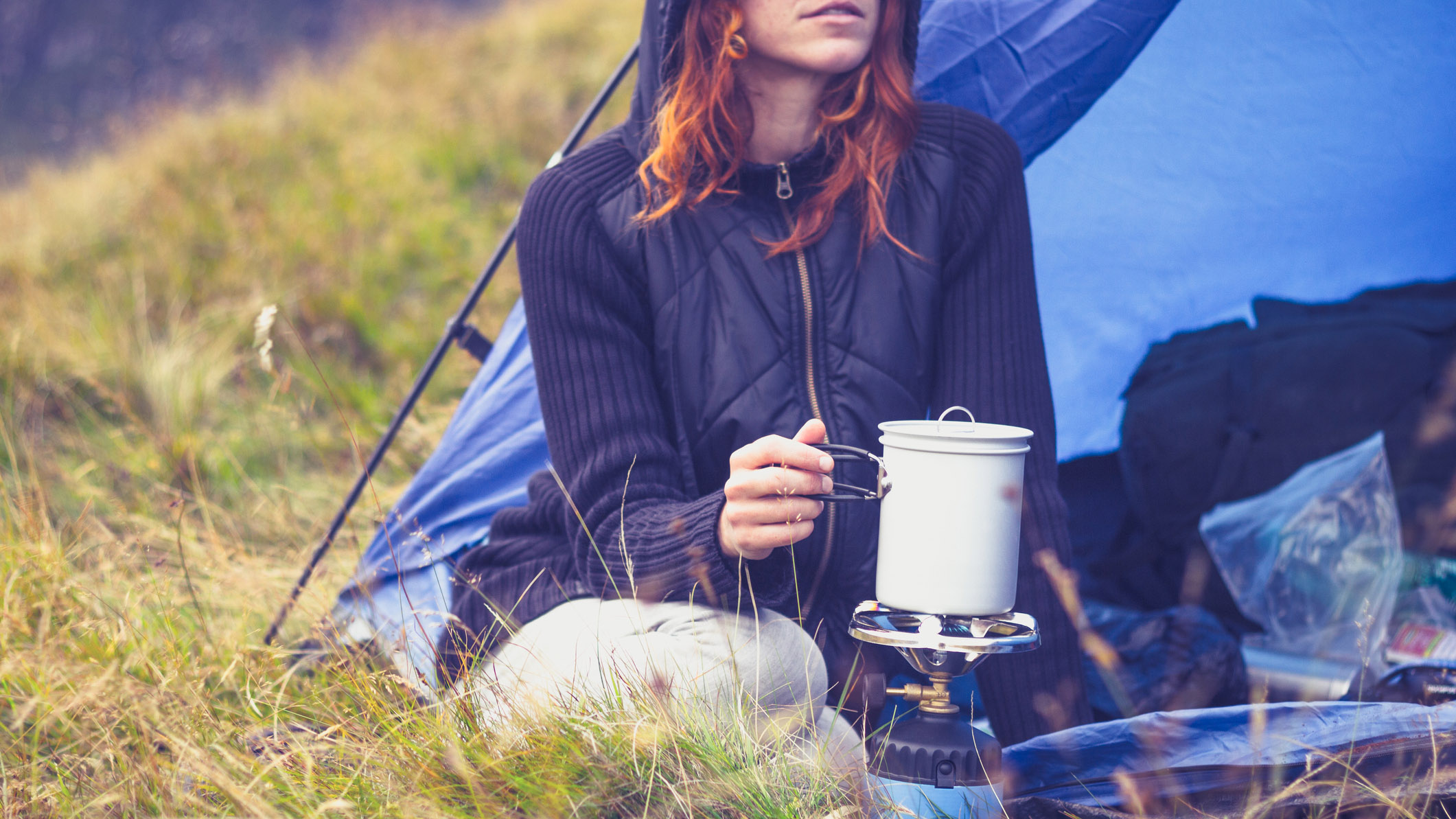
There are at least four obvious benefits to having a stove along for the ride:
Ability to make hot food and drink: The primary function of a camping stove is to make hot food and beverages. There’s a reason the human body craves hot food. Not only does it taste better, it’s also easier on our digestive systems, which in turn means we absorb more nutrients. On a long hiking expedition, the more nutrients you can get, the better. Besides, a steaming mug of coffee is a real morale booster on a wet, windy and wild morning in the backcountry.
These days, the choice of expedition meals is vast, with loads of great freeze-dried meals and pre-packaged wonders to choose from. These meals are ideal for long adventures because the ingredients won’t go off, they’re light to carry, quick to prepare and all they require is hot water.
Ability to create a heat source: We’re not talking about a campfire style heat source here, I’m certainly not suggesting everyone gathers around the Jetboil for some ghost stories and singing. No, what I'm getting at is that many winter campers bring a hot water bottle along as an additional heat source on cold nights.
Ability to purify water: There are several ways to purify water in the wild and boiling is not only one of them but also one of the safest methods too, as it eliminates bacteria, protozoa and even viruses.
Ability to melt snow: This obviously only applies to mountaineering or Polar expeditions. However, if you’re somewhere where your only source of drinking water is frozen, you have to be able to melt it.
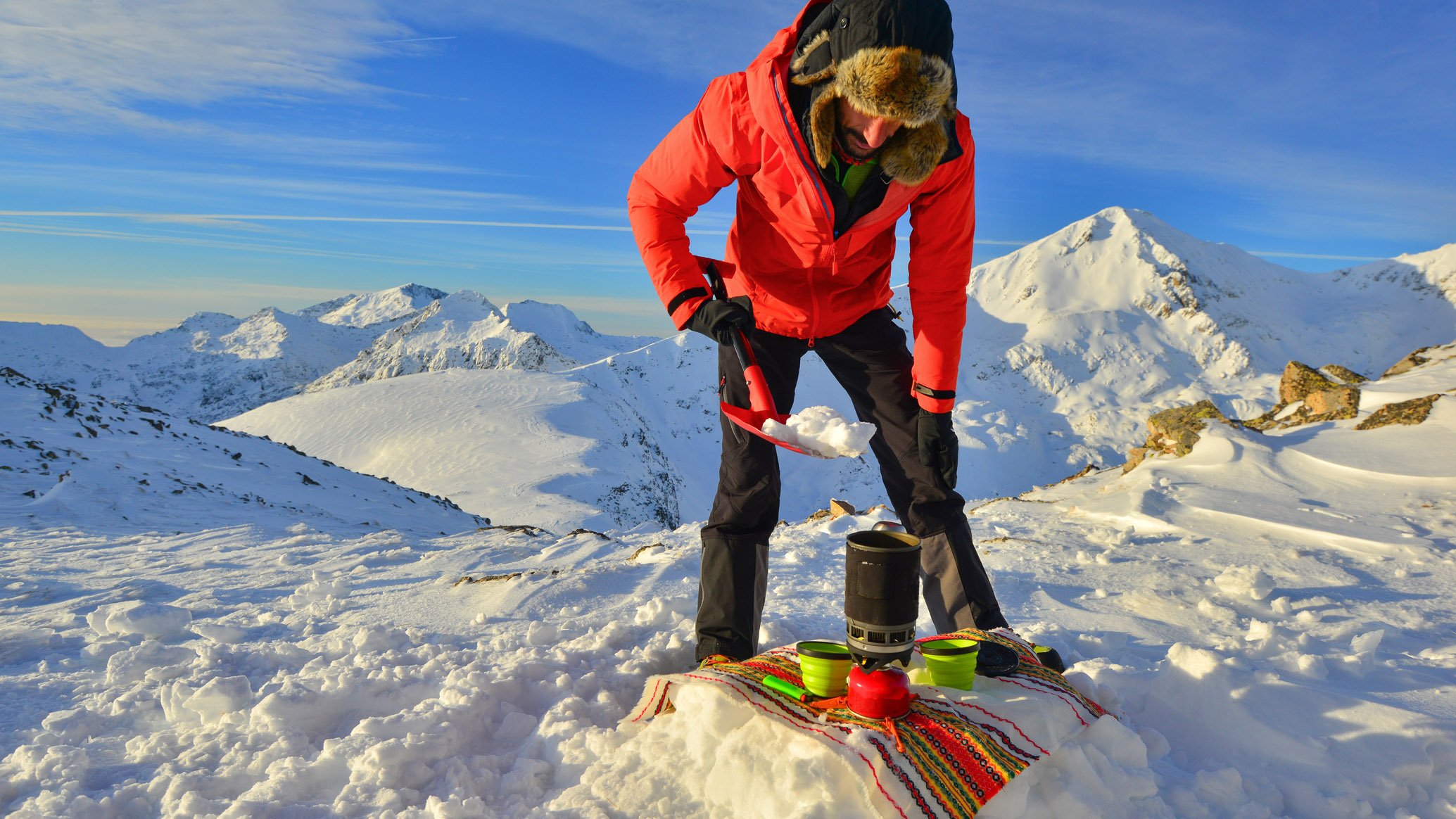
The other time you’d want to have a camping stove is if you were on a multi-day car camping vacation, your campground doesn’t allow campfires and there are no other places to get food nearby. There are various types of camping stove but we’d say that a double-burner stove is the most versatile option for creating campsite cuisine. There’s also the option of a portable grill.
Of course, you can always bring a camping cooler and eat cold food for the duration of your vacation – it just depends if you’re willing to forego hot food and warm drinks.
Times when a camping stove is a nice-to-have
For shorter camping trips and one-night wild camps, you might be tempted to just make do with cold food. A stove and fuel adds a little weight to any backpack, so leaving it at home will keep things light. However, a bit of hot food even on a short camping trip is a treat and campsite cooking is always a rewarding experience.
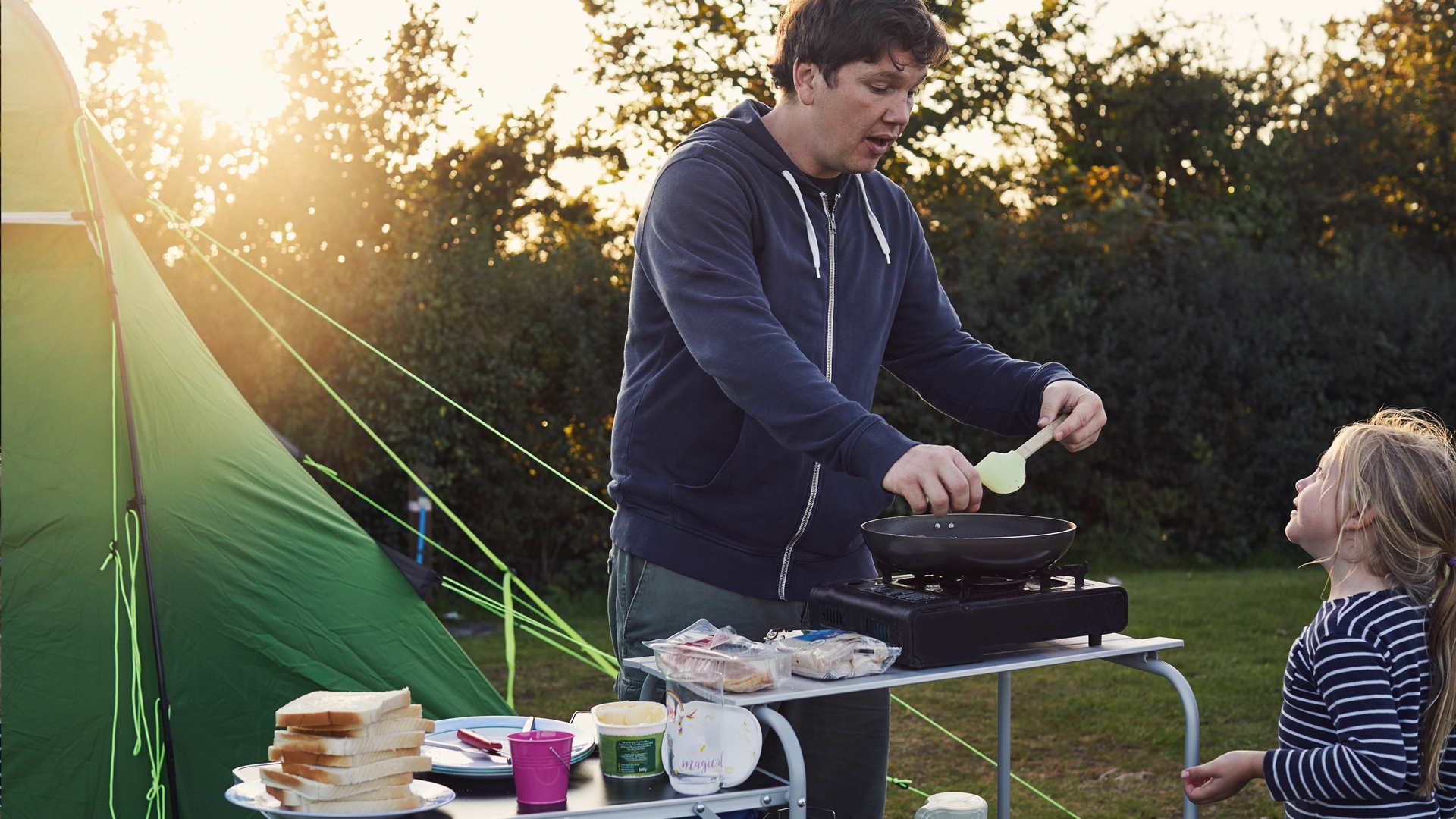
Instances when a stove isn’t so important
If you know there are going to be other ways to make or source hot food, then you don’t need a camping stove. Many campgrounds have facilities for making your own campfire to cook on, while some provide other cooking equipment. It should be noted that a stove is easier to use, as well as being a safer cooking method than a campfire. A stove provides a more consistent and evenly spaced heat, as well as greater control over its intensity.
As mentioned earlier, your campground might be affiliated with a local pub or restaurant, so you may choose to enjoy some meals out. If you’re car camping, you can always drive to the nearest town and check out the local cuisine.
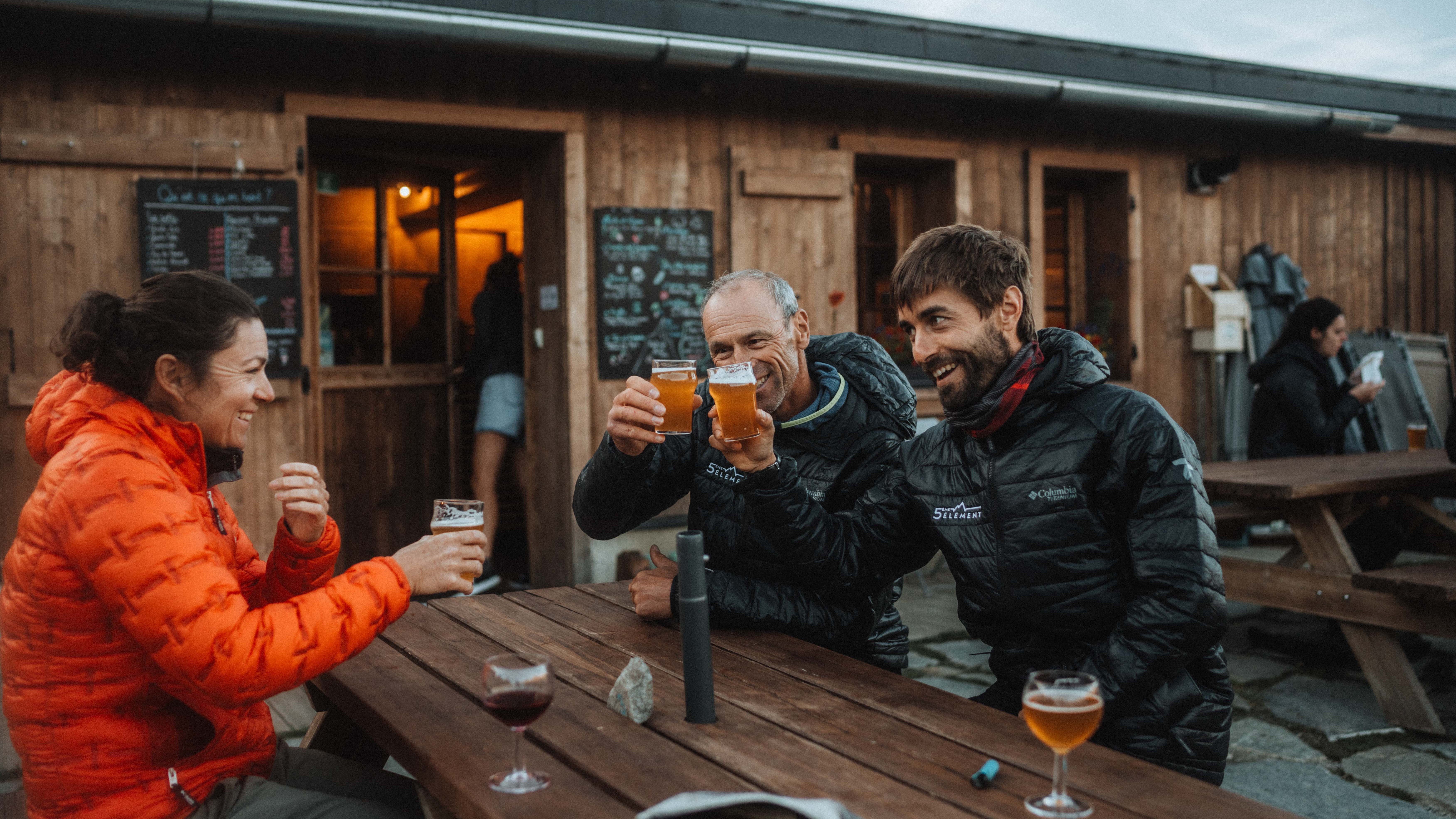
There are plenty of long-distance hiking adventures where you don’t need a stove too. An alpine hut-to-hut hike involves staying in wonderfully equipped mountain huts, where there’s usually a hot meal waiting for you at the end of a long day on the trail, as well as a nice, cold beer. That is, as long as you go during the main hiking season.
Verdict
If you’re leaving the trappings of civilisation behind for any substantial length of time, a camping stove is essential for all of the reasons given above. Even if you’re not off into the wilderness, we’d say that campsite cooking is all part of the quintessential camping experience.







